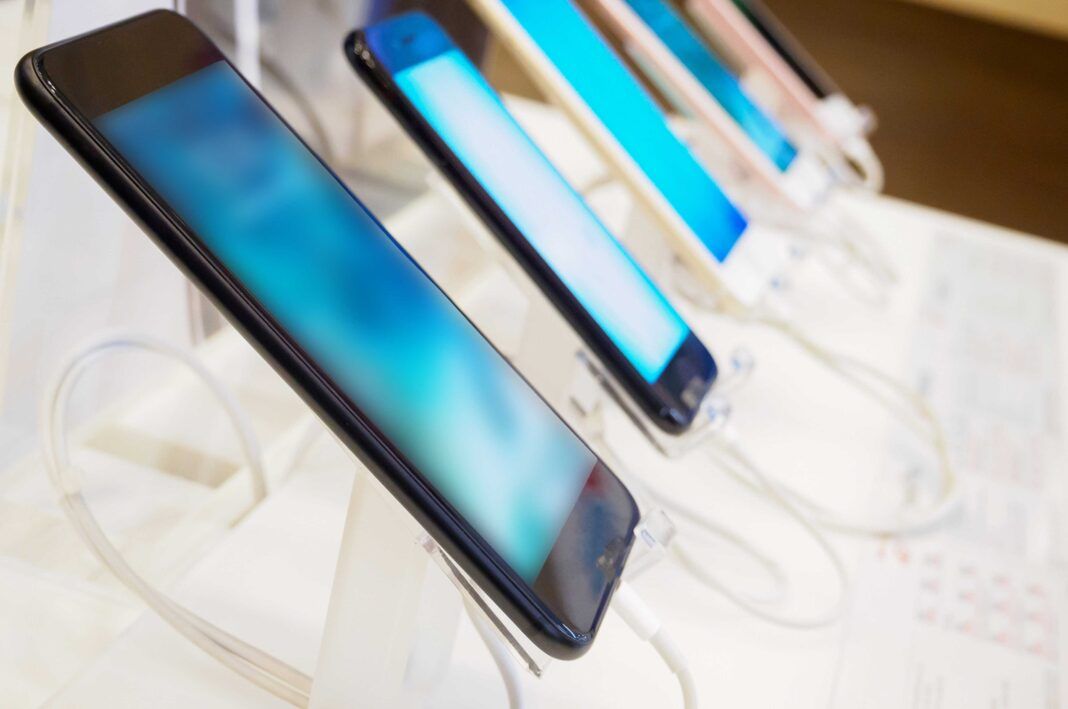Smartphones with the latest features and advanced technologies often have a high price tag. That being said, many people need these devices as they help make life so much easier. The choice between expenditure and need poses a major challenge. Luckily, there is a way out of this dilemma. Smartphone manufacturers and retailers often roll out discounts and deals so buyers can get what they require without breaking the bank.
1. Don’t rush into the purchase
Cell phone prices do not always remain the same. Sellers sometimes have special offers and discounts, which bring down the cost. The price may also fall when a newer version of the device is launched in the market. So, instead of rushing to buy a phone, it may be beneficial to take some time to shop around and determine which store has the lowest price.
2. Try to buy during the holidays
Most retailers offer stellar discounts during the holidays, which could help people save when buying a new phone. Black Friday, Cyber Monday, Labor Day, and Memorial Day are a few days one can consider buying. One may also score deals on phones and other gadgets around the back-to-school period.
3. Take a look at carrier promotions
Instead of an electronics store, one can consider buying a new phone from a carrier. Many wireless carriers offer promotions that allow people to save money when getting a new device from them. That being said, carriers often have a long list of terms and conditions, which one must read carefully before proceeding. For instance, when buying a phone from them, one might have to sign up for their cell phone plan. Similarly, some may have a lock-in clause, preventing customers from switching to another carrier before a specific date.
Most people flock to major carriers like AT&T, T-Mobile, and Verizon when looking for new phone deals. While these carriers offer excellent deals, one can also check out smaller network service providers like Google Fi and Cricket Wireless. These companies also have lucrative deals on new phone purchases that often go unnoticed.
4. Shop online
Many believe big box stores have the best deals on phones. While this may have been true at some point in the past, it is simply not the case anymore. Buyers often find better deals on carrier and manufacturer websites than offline stores. These deals come in the form of discounted activation fees and promotional gift cards that may not be available anywhere else.
Some retailers may be willing to price-match an online deal. So, when visiting a store, one can compare the display price with the online price and ask for a discount if the online price is lower.
5. Trade in an old phone
Most retailers and service providers run trade-in programs, wherein buyers can exchange their old phones for new ones and get a discount. Since there is a lot of competition in this field, some retailers also run a “guaranteed” trade-in price, meaning they give a fixed discount regardless of the condition of the phone being traded in. When opting for trade-ins, one must compare the offers from each company and read the fine print carefully.
6. Research and compare models
The “best” deal is the one that makes the right phone more affordable. To discern if a phone fits an individual’s needs, one needs to spend considerable time researching and comparing features.
Display
When buying a phone, the right display size boils down to one’s preference and intended usage. A smartphone with a 5.5-6.0-inch display is generally considered adequate for comfortable viewing. That being said, some people may be on the lookout for a phone with a bigger screen if they play games and watch movies using the device.
Battery life
Cell phone batteries can range anywhere from 700 mAh to 5,000 mAh. Most experts recommend a phone with a higher battery life, as it offers more convenience.
Storage
Smartphones have a basic memory capacity to save application data, media, and operating systems. This generally starts at 64 GB and can go up to 1 TB, depending on the model and manufacturer. Those who intend to capture many high-quality photos and videos or save big media files will benefit from buying a phone with a higher storage capacity.
Security
Fingerprint sensors, facial recognition, and other features are must-haves for phone security. These features provide seamless usage while keeping one’s data secure.
Build
Those prone to dropping their phone may benefit from buying a model with a sturdier build, such as aluminum casing and Gorilla Glass that does not shatter easily.
Processor
The processor determines how fast the phone functions. Those looking to use their smartphones for extensive gameplay or heavy design applications should get a phone with a faster processor speed to make the most of their purchase.
